A recent study highlights the stark disparities in NHS funding across the UK. By analyzing 2023 data from the Institute for Fiscal Studies (IFS) as well as population data, the study reveals which local authorities receive the least and most NHS funding per capita. To be frank, the disparity between the least and most-funded areas is shocking. We’ve all heard the claims that NHS treatment is a postcode lottery, and apparently, that’s truer than I think most of us want to believe.
10. Swindon
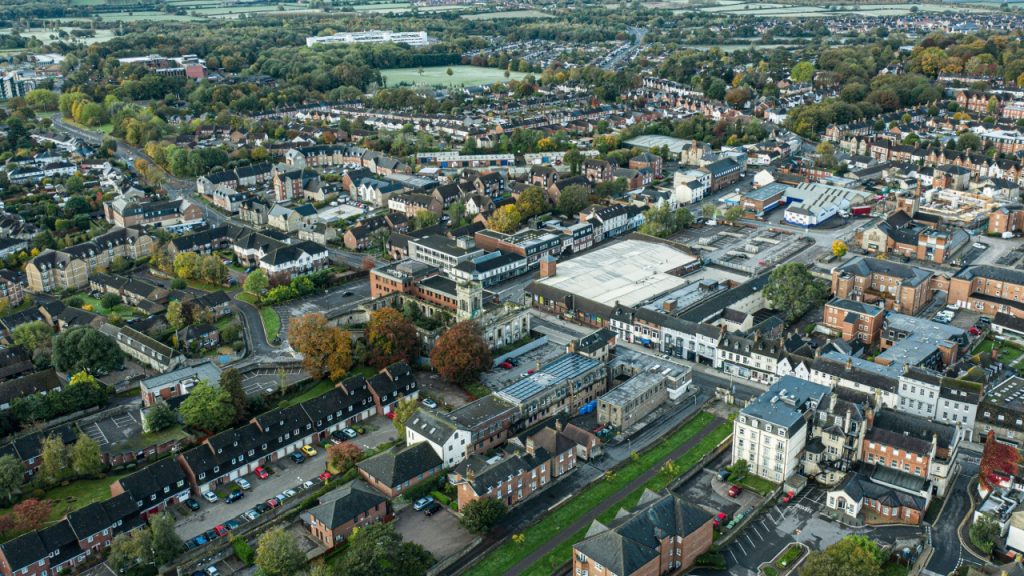
Swindon ranks tenth among the least funded NHS areas in the UK, receiving £1,920 per capita. As part of the Bath and North East Somerset, Swindon, and Wiltshire Integrated Care Board, it struggles with limited resources.
9. Slough

Slough comes in ninth with £1,916 per capita. It’s part of the Frimley Integrated Care Board, which faces significant funding challenges despite being in a relatively affluent region.
8. Milton Keynes

Milton Keynes is eighth on the list, receiving £1,915 per capita. Part of the Bedfordshire, Luton, and Milton Keynes ICB, it copes with growing healthcare demands amid budget constraints.
7. West Berkshire
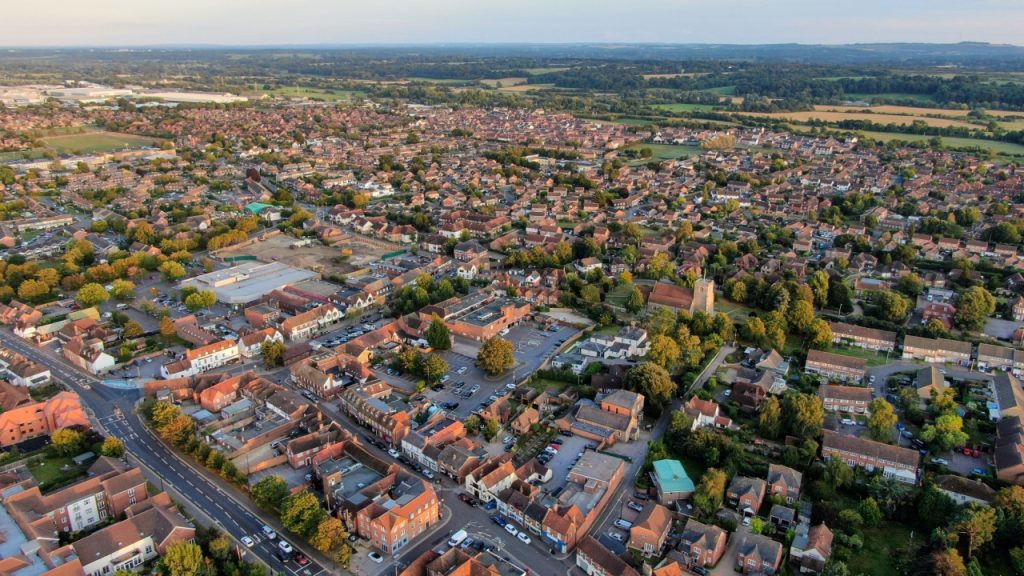
West Berkshire ranks seventh, with £1,907 per capita. It belongs to the Buckinghamshire, Oxfordshire, and Berkshire West ICB, highlighting the disparities even within this integrated care system.
6. Leicestershire

Leicestershire is sixth, receiving £1,902 per capita. As part of the Leicester, Leicestershire, and Rutland ICB, it deals with the complexities of managing healthcare across a diverse population.
5. Bracknell Forest

Bracknell Forest stands fifth, with £1,890 per capita. Despite its relatively low population, the Frimley ICB area struggles with funding adequacy to meet healthcare needs.
4. York

York ranks fourth, with £1,877 per capita. It’s part of the Humber and North Yorkshire ICB, dealing with limited funds while striving to maintain quality healthcare services.
3. Bath and North East Somerset

Bath and North East Somerset is third, receiving £1,865 per capita. It belongs to the Bath and North East Somerset, Swindon, and Wiltshire ICB, facing significant funding challenges despite having a reputation as a reasonably affluent area.
2. Reading
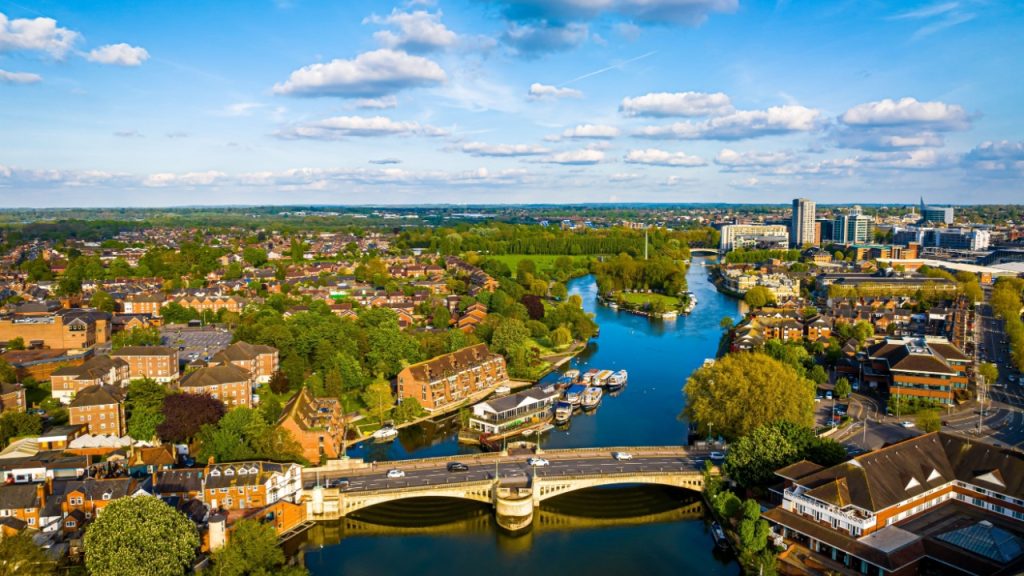
Reading comes in second with £1,842 per capita. As part of the Buckinghamshire, Oxfordshire, and Berkshire West ICB, it highlights the funding disparities within even affluent regions.
1. Wokingham
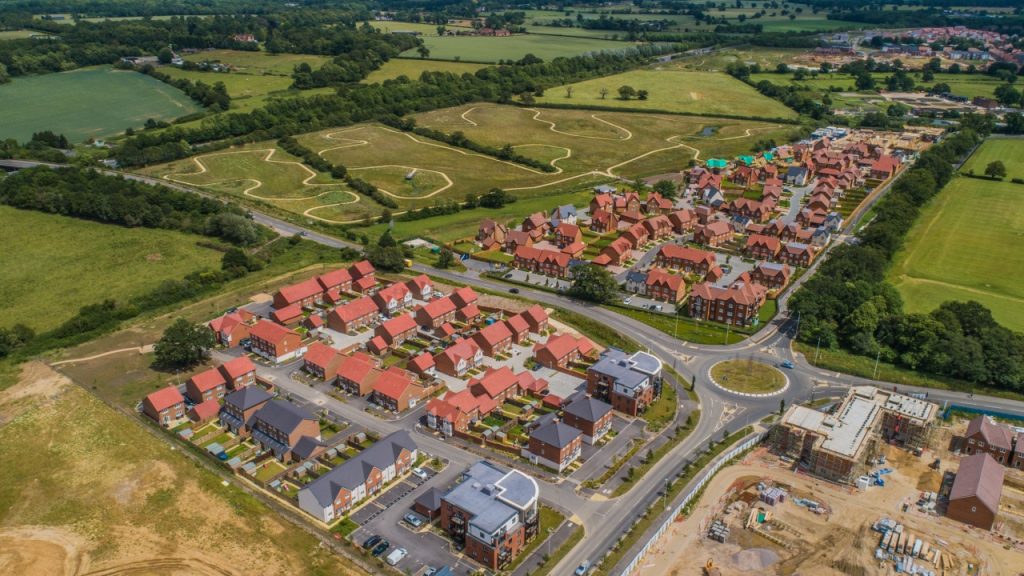
Wokingham tops the list as the least funded NHS area, receiving only £1,777 per capita. This figure is significantly below the national average of £2,263 per capita, indicating severe funding issues within the Buckinghamshire, Oxfordshire, and Berkshire West ICB.
The 5 Best Funded NHS Areas in the UK
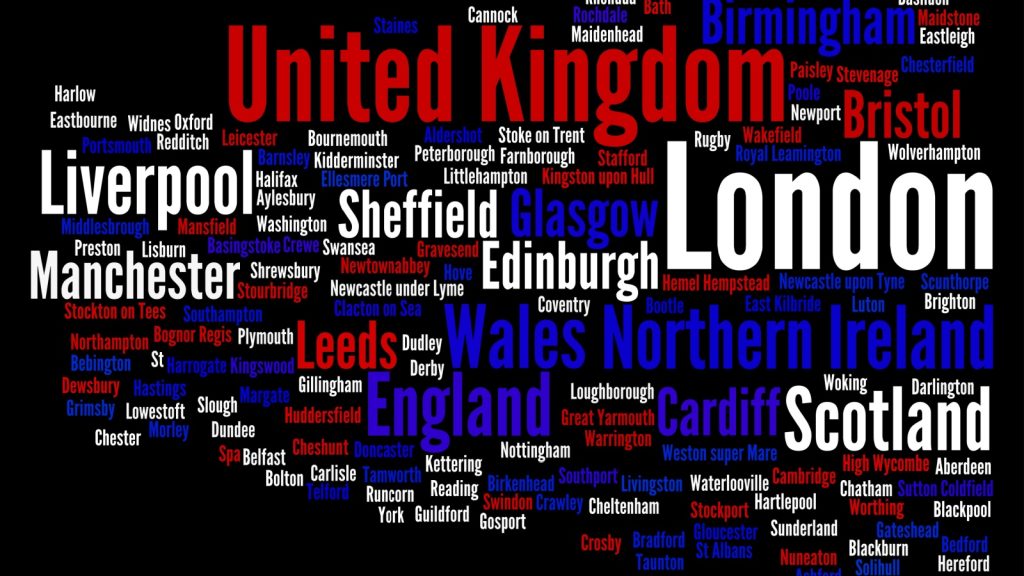
At the other end of the scale, England’s best-funded areas surprised me when I was reviewing all of the associated data.
5. Camden

Camden ranks fifth among the best funded NHS areas, with £2,696 per capita. As part of the North Central London ICB, it benefits from relatively higher funding to support its healthcare services.
4. Wirral

Wirral is fourth, receiving £2,721 per capita. This area, part of the Cheshire and Merseyside ICB, enjoys better funding compared to many others in the UK.
3. Knowsley

Knowsley ranks third, with £2,768 per capita. It is part of the Cheshire and Merseyside ICB, benefiting from significant NHS funding.
2. Islington
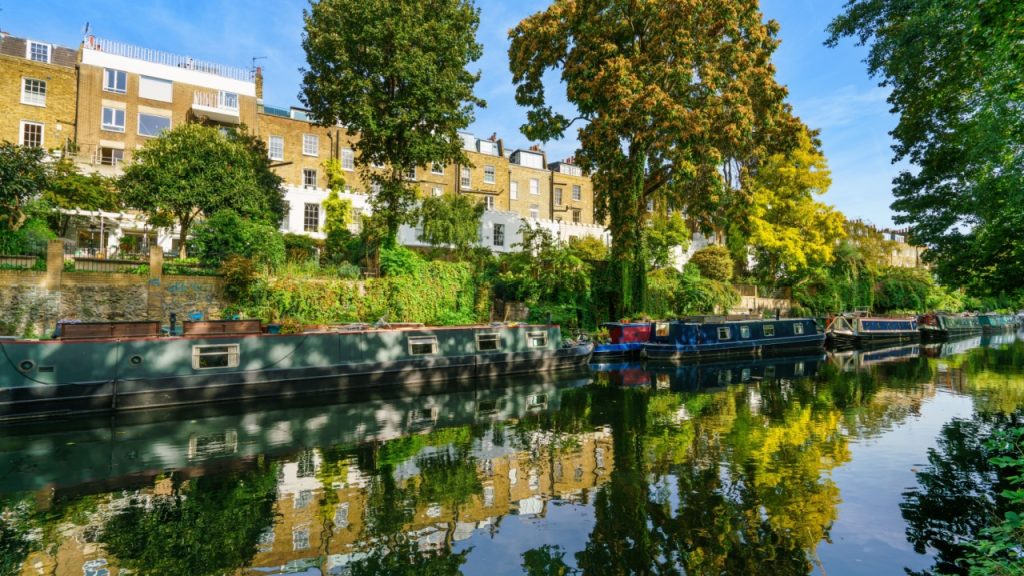
Islington comes in second with £2,772 per capita. This area, within the North Central London ICB, highlights the significant variation in funding across London.
1. Blackpool

Blackpool is the best funded NHS area in the UK, receiving £3,144 per capita. Part of the Lancashire and South Cumbria ICB, it stands out with its high level of NHS funding.
Methodology

The study, commissioned by Vape Globe, used data on NHS funding per capita for 151 local authorities across the UK for 2023 and was sourced from the Institute for Fiscal Studies. Population data from the official population census and labor market statistics was used to calculate total NHS funding per person, per region, and local authorities were ranked based on these figures.
Katy Willis is a writer, master herbalist, master gardener, and certified canine nutritionist who has been writing since 2002. She’s finds joy in learning new and interesting things, and finds history, science, and nature endlessly fascinating.

